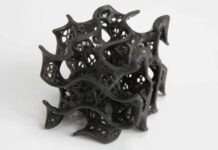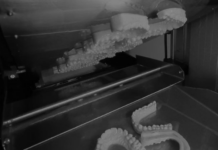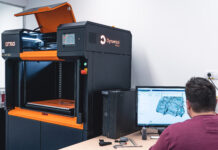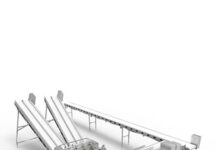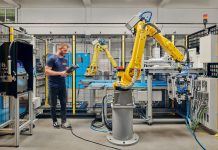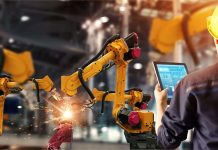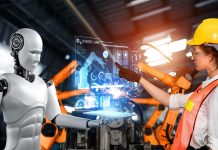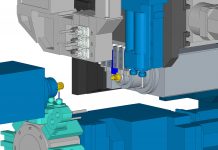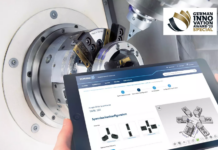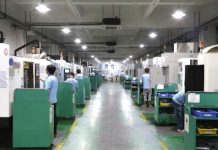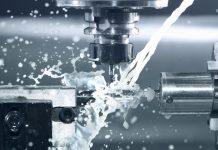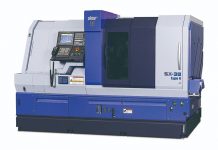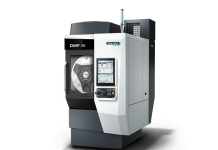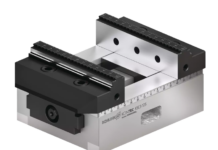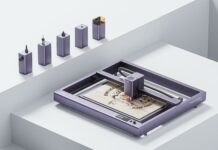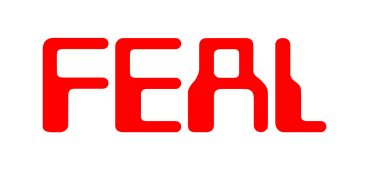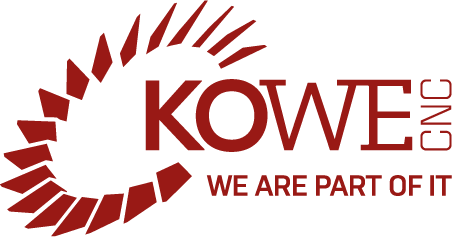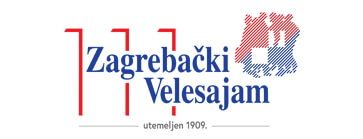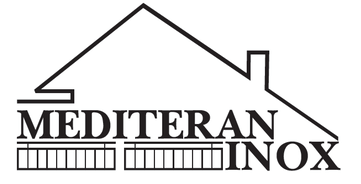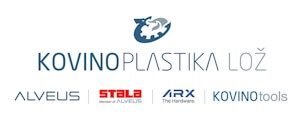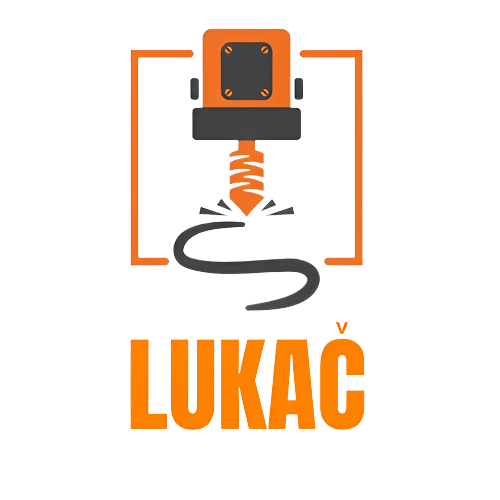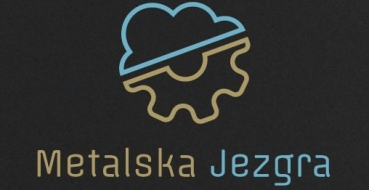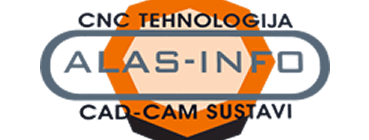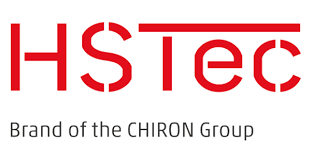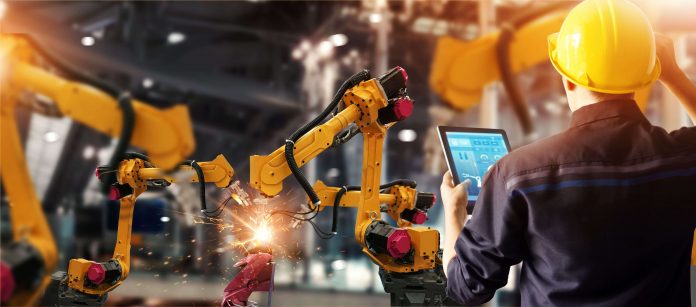
Manufacturing has long been an industry that’s synonymous with transformation–an evolution that has impacted human history since the days of the Industrial Revolution. Today, smart technology in manufacturing is experiencing another wave of innovation, leading to dramatic shifts in production unit economics.
It should be no surprise to anyone who has followed digital transformation in other sectors that this transformation is driven by software, data and machine learning.
Industry 4.0 vs. Automation 4.0
The term “Industry 4.0”, also known as the Fourth Industrial Revolution, has been used to define the ongoing automation of traditional manufacturing processes. Indeed, today bespoke industrial automation is reasonably mature. There are hundreds of system integrators who provide manufacturers with custom-made systems designed to perform a single task, or a series of tasks, millions of times. This is how Coca-Cola gets its bottles filled and how General Motors welds its cars.
The issue with “hard automation” solutions like these is that they only make sense economically on products with high demand estimates, mature product designs, and products with long lifecycles. Products that frequently change–like consumer products or network infrastructure devices – are ill-suited for this type of automation.
The good news for manufacturers is that sensors and computing infrastructure have now evolved to become useful to solve precisely these problems and address a class of products previously considered unsuitable for automation.
The digital transformation in manufacturing is driven by advances in computer vision, machine learning, data, and compute infrastructure, along with hardware that has well-defined interfaces for software control and easy integration. This is the next phase of automation in manufacturing – what one might call “Automation 4.0”.
How is software upending manufacturing?
When manufacturing is driven by software, also known as Software-Defined Manufacturing, the software in question creates an abstraction layer that runs and oversees all manufacturing processes–from design to planning, to programming, to assembly, testing, and inspection.
Software-Defined Manufacturing is in direct contrast to the status quo manufacturing has endured for the past 30 years. With hardware-defined manufacturing, there is low flexibility and limited ability to use data to improve operations. The hardware itself is highly complex, inhibiting productivity, and requires tedious human involvement at almost every step of setting up or changing the manufacturing automation process.
All of this adds up to the dim reality of manufacturing automation today: automation has very little penetration in assembly and inspection activities beyond a handful of sectors, setting up traditional automation systems may affect speed to market and production lines sitting idle due to limited ability to diagnose the root cause and promptly fix issues. Software-Defined Manufacturing flips the status quo on its head by centering logic and intelligence in the software instead of the hardware.
The upside of software in our factories
Once the software is overseeing automation hardware and is learning from data collected on a factory floor and data from integrations into other factory systems that store process outcomes, the algorithms and decisions embedded in the software continuously get smarter. This intelligence allows the software to become more powerful and hardware to be simplified–and most importantly, makes the automation solution capable of being repurposed and reconfigured.
Factory production benefits from increased flexibility and repeatability, not just for one product lifecycle but also for years of evolving product strategy, changes in the supply chain, and design innovation. And to further help manage the production process, data and driven applications can be built on a software stack for managing quality, traceability, and configuration.
When software becomes smarter and hardware becomes more straightforward, the entire manufacturing process works better. Manufacturers see significant productivity gains, a reduction in downtime, lower defect rates of assembled parts, faster time to market, and higher return on assets deployed.
Where do we go from here?
When we think about a modern cloud computing data center, it can be updated at the click of a button and configured to ensure other machines step in when one fails. Issues can be easily traced back to their source, and resources can be easily scaled to meet increased demand.
That’s precisely the vision for the future of manufacturing. When smart software is at the heart of a factory, design improvements and process changes can be deployed to the factory without downtime for retooling. Resiliency is built into the automation systems, and product issues experienced by customers are traceable back to the factory conditions and specific processes that created the problem.
When demand increases, additional production can be brought on-line at other global factories within minutes. As we progress further into this digital transformation wave in manufacturing, we get closer to that goal.
In the meantime, early adopters are already reaping benefits like higher quality output, increased productivity of their lines, reduced cost, and increased resiliency of their supply chain.


